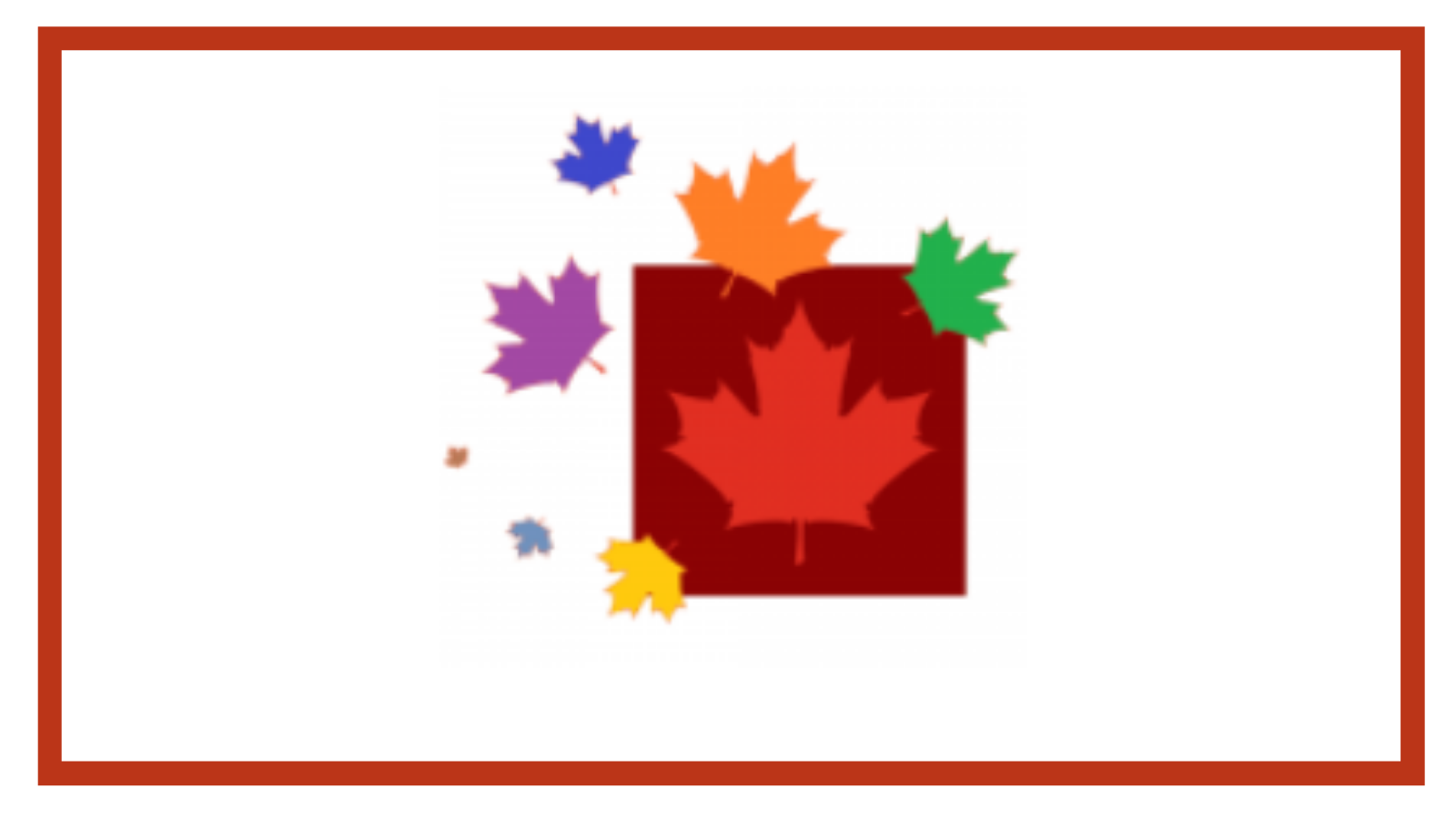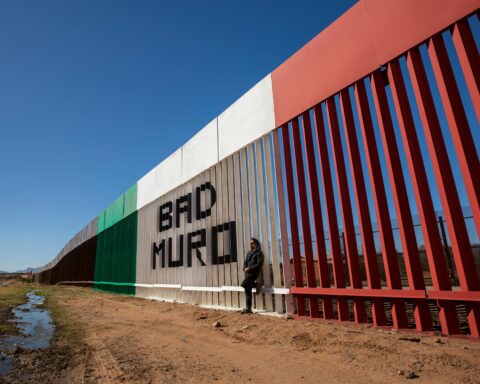The University of Toronto’s International Human Rights Program is suggesting that Mexico be removed from Canada’s “safe country” list, making it easier for sexual minorities and those living with HIV to seek asylum here.
The report, published on World Refugee Day Monday, comes at an awkward time: just when Ottawa is moving to remove visa restrictions imposed on that country by the previous Harper government in 2009.
The UofT study, co-authored by Kristin Marshall and Maia Rotman, was based on in-country interviews with 50 Mexicans, including journalists, activists, members of the country’s LGBTQ+ community, health care professionals and people living with HIV. It documents the gap between laws to protect minorities in Mexico and the on-the-ground reality of discrimination and exclusion faced by vulnerable populations.
This spotlight on Mexico’s human rights comes on the heels of violent clashes between government forces and Mexico’s largest teachers’ union. The most recent conflict in Oaxaca left at least four protesters dead and hundreds of people injured, including police officers.
Mexican President Peña Nieto is visiting Ottawa next week for a meeting with Prime Minister Justin Trudeau and U.S. President Barack Obama for the Three Amigos summit on June 29.
Canada considers Designated Countries of Origin (DCOs) (or, “safe country”) as those that “do not normally produce refugees, but do respect human rights and offer state protection.” The list includes countries like the U.S., Denmark, Finland and Germany, but also countries like Hungary, Israel and Mexico, which was added to the list only in February 2013
“I think these two countries, Mexico and Hungary, were targeted because there were such a high number of claims,” explained Marshall.
“They wanted less Mexican [refugee] claimants, and the government rhetoric at the time was about deterring bogus and unfounded claims from Mexico and Hungary, their thinking was that by giving faster timelines and no option to appeal, all of these “baseless” claims would go through the system and the people would get deported back to their countries,” added Marshall. “It sends the message ‘don’t bother coming’ because we think Mexico is safe.”
“On one level it looks like inclusion on the ‘safe countries’ list is a compliment to whatever state is put there.”
Fewer refugee claims
The twin measures resulted in fewer Mexicans seeking asylum, which fell to 1,199 from more than 9,000. However, the percentage of successful refugee claims remained about the same.
Marshall thinks that signalling that Mexico is “safe” could have an impact on cases that might have otherwise been successful.
However, the “safe country” designation is not imminent. All an Immigration, Refugees and Citizenship Canada (IRCC) spokesperson would say is that “being listed on Canada’s designated country of origin list does not prevent individuals from seeking refugee protection in Canada.”
The IRCC added that it “continuously monitors all designated countries of origin to determine whether conditions remain similar to those at the time they were designated. In the event of significant changes, IRCC may undertake a review of country conditions to determine if removal from the designated country of origin list is warranted.”
The spokesperson confirmed that Canadian officials are currently working with their Mexican counterparts to lift the visa requirements.
Clearly, a “safe country” designation is a mixed blessing.
Commenting on the UofT report, Dr. Chris Erickson from the University of British Columbia’s Department of Political Science, noted, “On one level it looks like inclusion on the ‘safe countries’ list is a compliment to whatever state is put there. On the other hand, it does allow for significant abuses to be entirely whitewashed. The language itself indicates that any claim to asylum coming from someone from one of the states on the list is likely to be false.”
Not safe for minorities
In one particularly shocking section of the report, the writers describe an attack on a transgender woman in the northern state of Chihuahua. The woman was beat up and shot in the head just days before Mexico City’s 2015 Pride parade.
“The victim’s body was wrapped in a Mexican flag — apparently a protest against the Supreme Court’s June ruling allowing gay marriage,” reads the report.
Despite enacting laws to protect LGBTQ+ rights, including a recent proposal from President Nieto legalizing same sex marriages, according to Mexico’s Human Rights Commission, the country has the second highest number of hate crimes against sexual minorities in the Americas.
“There’s a great effort and determination invested to project a certain image to the world, but the will to implement laws isn’t there.”
“There’s a great effort and determination invested to project a certain image to the world, but the will to implement laws isn’t there,” explained Marshall. “There are also issues with resources that are unavailable, and many of the problems faced by sexual minorities also have to do with conservative values in Mexico, which means deep down there isn’t a desire to see these rights protected.”
The report recommends offering assistance to Mexico to create specialized health care services for trans people and working with the government to create educational resources about sexual and reproductive health.
“I don’t think human rights will feature prominently in the Three Amigos summit,” said Marshall. “But I do think this is a new government [in Ottawa] and it’s a new opportunity for Canada to show international leadership.”





